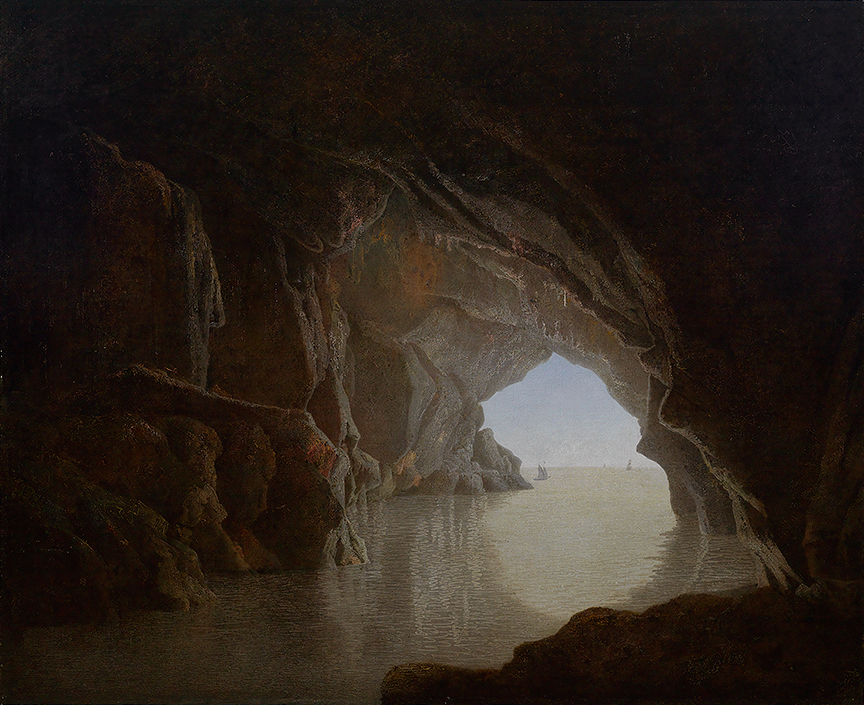|
Francis Burdett (1743–1794)
Francis Burdett (1743–1794) was a member of the Burdett baronets, Burdett family of Bramcote which had a lineage of baronetcy. He failed to inherit the hereditary baronetcy, as he died in 1794, before his father's death in 1797. He is the subject of two notable paintings. Biography Burdett was born in 1743A View of the Present State of Derbyshire, James Pilkington, 1789, accessed 14 June 2008 and baptised at Foremark, a hamlet near his families ancestral home of Foremarke Hall, Derbyshire. He was the son of Sir Robert Burdett, 4th Baronet and his first wife. His mother Elizabeth died when he was young on 24 August 1747 and his father married again. When Burdett came of age his father was having the ancestral home of Foremarke Hall remodelled. Burdett was the brother-in-law of Francis Noel Clarke Mundy, Francis Mundy and a member of the private Markeaton Hunt. In 1762–3 Mundy commissioned a set of six portraits. Each of the subjects was in the distinctive dress of the Markea ... [...More Info...] [...Related Items...] OR: [Wikipedia] [Google] [Baidu] |
Joseph Wright Of Derby
Joseph Wright (3 September 1734 – 29 August 1797), styled Joseph Wright of Derby, was an English landscape and portrait painter. He has been acclaimed as "the first professional painter to express the spirit of the Industrial Revolution". Wright is notable for his use of tenebrism, an exaggerated form of the better known chiaroscuro effect, which emphasizes the contrast of light and dark, and for his paintings of candle-lit subjects. His paintings of the birth of science out of alchemy, often based on the meetings of the Lunar Society of Birmingham, a group of scientists and industrialists living in the English Midlands, are a significant record of the struggle of science against religious values in the period known as the Age of Enlightenment. Many of Wright's paintings and drawings are owned by Derby City Council, and are on display at the Derby Museum and Art Gallery. Life Joseph Wright was born in Irongate, Derby, to a respectable family of lawyers. He was the third ... [...More Info...] [...Related Items...] OR: [Wikipedia] [Google] [Baidu] |
Francis Noel Clarke Mundy
Francis Noel Clarke Mundy (15 August 1739 – 23 October 1815) was an English poet, landowner, magistrate and, in 1772, Sheriff of Derbyshire. His most noted poem was written to defend Needwood Forest which was enclosed at the beginning of the 19th century. Life Francis Noel Clarke Mundy was born on 15 August 1739 at Osbaston Hall in Osbaston, Leicestershire. He was the son of Wrightson Mundy, who was MP for the Leicestershire constituency, and his wife Anne (née Burdett). Anne's father, Robert Burdett, was the son and heir of his namesake Sir Robert Burdett, 3rd Baronet of Bramcote, but he did not succeed to the baronetcy, as he predeceased his father. Francis was the direct descendant and heir of Sir John Mundy, who had first purchased the manors of Markeaton (the principal seat of the Mundys), Allestree and Mackworth from Lord Audley in 1515. To these was added the manor of Osbaston, which the Mundys had inherited through a female ancestor, Philippa Mundy (né ... [...More Info...] [...Related Items...] OR: [Wikipedia] [Google] [Baidu] |
People From South Derbyshire District
A person ( : people) is a being that has certain capacities or attributes such as reason, morality, consciousness or self-consciousness, and being a part of a culturally established form of social relations such as kinship, ownership of property, or legal responsibility. The defining features of personhood and, consequently, what makes a person count as a person, differ widely among cultures and contexts. In addition to the question of personhood, of what makes a being count as a person to begin with, there are further questions about personal identity and self: both about what makes any particular person that particular person instead of another, and about what makes a person at one time the same person as they were or will be at another time despite any intervening changes. The plural form "people" is often used to refer to an entire nation or ethnic group (as in "a people"), and this was the original meaning of the word; it subsequently acquired its use as a plural form of pe ... [...More Info...] [...Related Items...] OR: [Wikipedia] [Google] [Baidu] |
1794 Deaths
Events January–March * January 1 – The Stibo Group is founded by Niels Lund as a printing company in Aarhus (Denmark). * January 13 – The U.S. Congress enacts a law providing for, effective May 1, 1795, a United States flag of 15 stars and 15 stripes, in recognition of the recent admission of Vermont and Kentucky as the 14th and 15th states. A subsequent act restores the number of stripes to 13, but provides for additional stars upon the admission of each additional state. * January 21 – King George III of Great Britain delivers the speech opening Parliament and recommends a continuation of Britain's war with France. * February 4 – French Revolution: The National Convention of the French First Republic abolishes slavery. * February 8 – Wreck of the Ten Sail on Grand Cayman. * February 11 – The first session of the United States Senate is open to the public. * March 4 – The Eleventh Amendment to the United States Constitu ... [...More Info...] [...Related Items...] OR: [Wikipedia] [Google] [Baidu] |


_1938.jpg)
